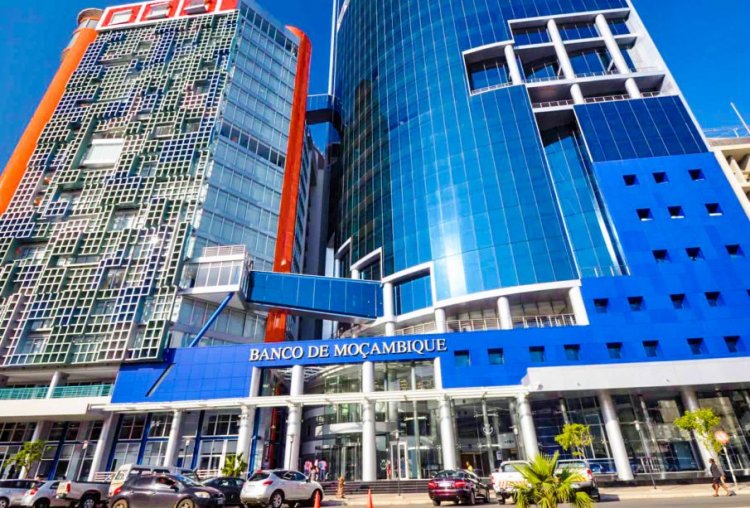Central bank warns of inflationary pressures
The Bank of Mozambique warned of continuing inflationary pressures that could push Mozambique’s annual inflation rate to more than ten per cent.

A senior central bank official, Emilio Rungo, briefing reporters on monetary policy, said that exogenous factors are weakening the Mozambican economy and pushing prices up. Nonetheless, he pledged that the Bank will work towards ensuring low and stable inflation, taking opportune decisions that will influence interest rates.
The chance of keeping inflation to below ten per cent a year seem slim, since the latest figure was that annual inflation has already reached over nine per cent.
Rungo said that, within the next month or so, the Bank’s Monetary Policy Committee (CPMO) will meet to assess the current situation of generalised price rises, and take adequate measures to hold back inflation (presumably by increasing interest rates, since that is the main weapon in the CPMO’s armoury).
As for the impact of the Russian invasion of Ukraine, Rungo said there was little direct impact since Russia and Ukraine account for only about one per cent of Mozambique’s foreign trade. That figure, however, does not include either grain or fuel.
“There is an indirect effect of the war on the Mozambican economy”, said Rungo, “arising from the increase in the prices of fuel and other commodities on the international market”.
As for economic growth, Rungo said the government’s forecast is for a growth this year of around three per cent in the gross domestic product, sustained mainly by the energy projects at Temane in the southern province of Inhambane, and in the Rovuma Basin, off the coast of the northern province of Cabo Delgado.
Rungo was optimistic that the recently announced resumption of support for the Mozambican economy from the International Monetary Fund (IMF) will help strengthen the state budget, alleviate the public debt, and relax the pressure on the exchange rate of the Mozambican currency, the metical.
AS for the remarkable stability over the past few months of the exchange rate of the metical against the US dollar, Rungo explained this by “a relative comfort in the exchange market, explained by confidence and the flows of foreign exchange expressed in a balance between supply and demand”.
He insisted that the current exchange rate is determined by the laws of supply and demand.
(AIM)
























